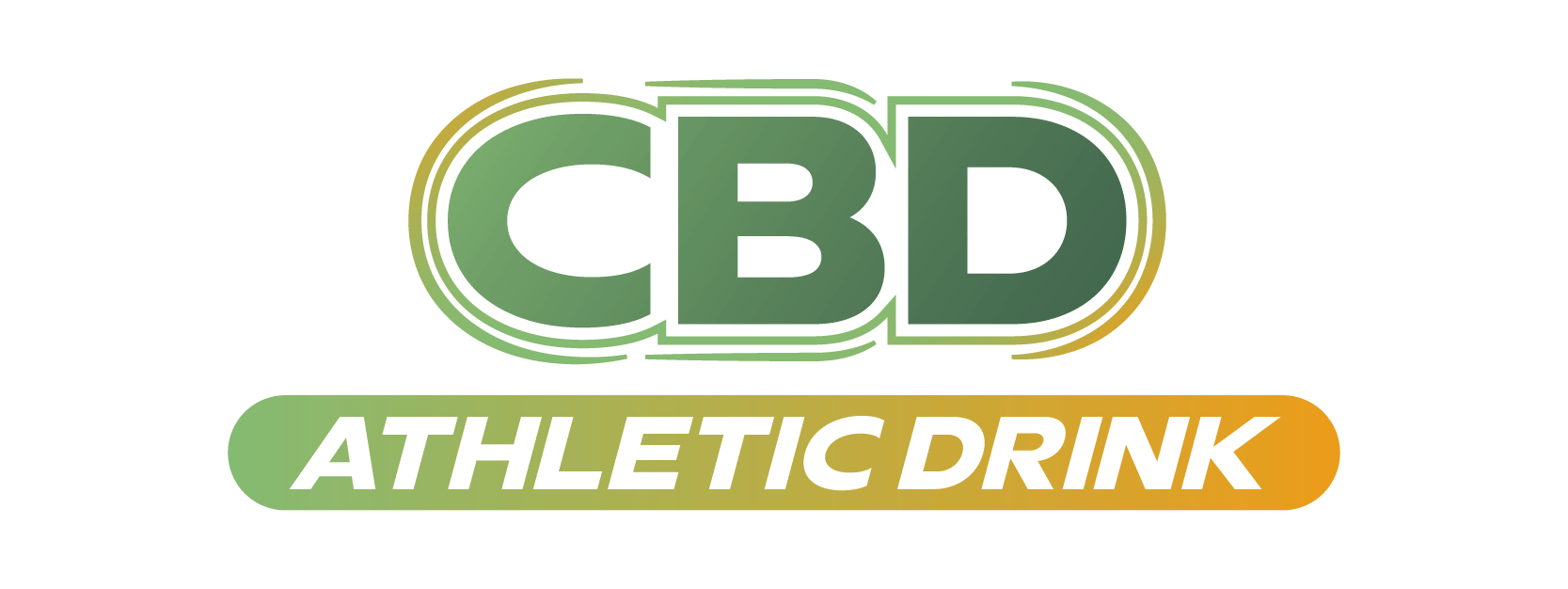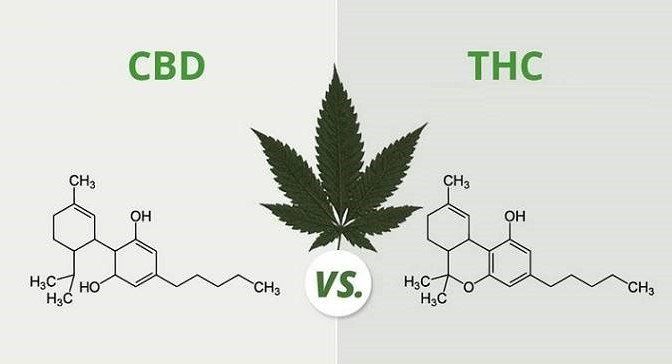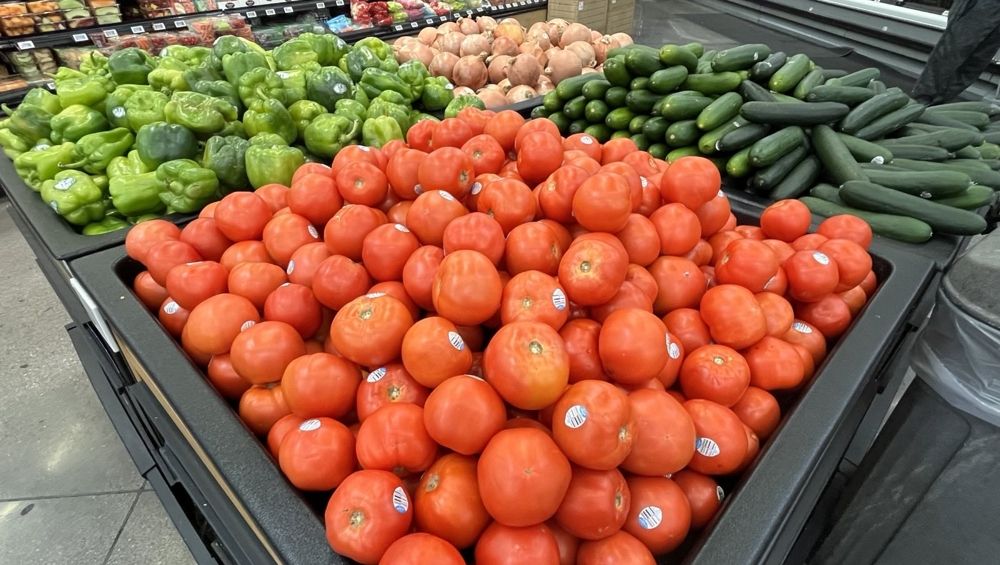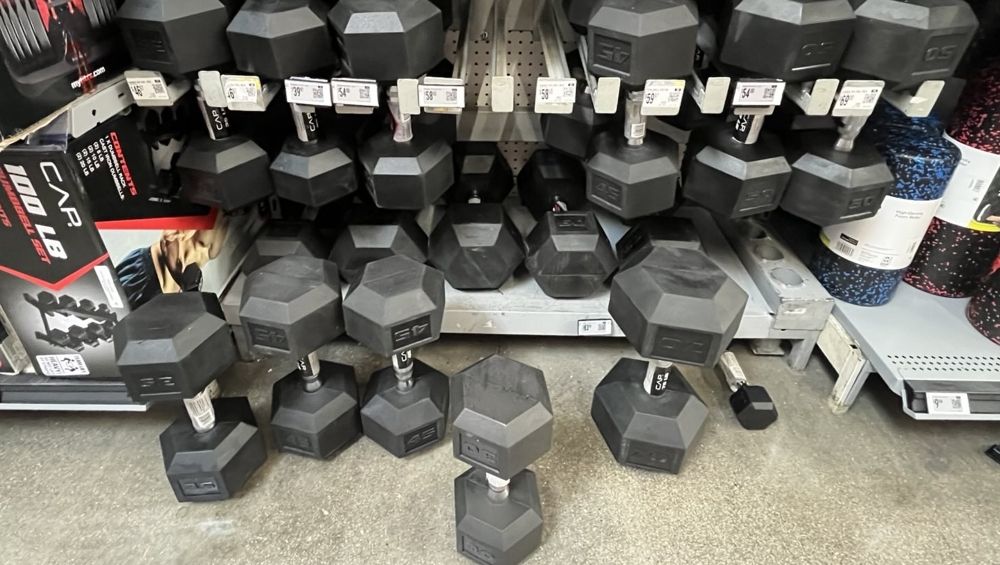CBD has gone from niche curiosity to a major player in the wellness world—and now, it’s carving out serious space in sports nutrition. As athletes of all levels search for clean recovery tools and performance support, cannabidiol’s crossover from the gym to the mainstream market feels inevitable. But with innovation and regulation both evolving, what’s next for CBD in sports nutrition?
The Shift from Recovery to Performance
Originally, CBD was marketed almost exclusively as a post-workout recovery aid—helping with inflammation, soreness, and stress relief. But that narrative is changing. New formulations now combine CBD with nootropics, adaptogens, and hydration technologies, making it part of a pre-workout and intra-performance conversation. Brands are positioning CBD as a tool not only for recovery but also for balance—supporting endurance, focus, and energy regulation without the jittery crash of caffeine.
Athletes, especially those in endurance sports like cycling, running, and triathlons, are experimenting with CBD-infused hydration powders and electrolyte drinks. The idea is simple: keep the body calm while pushing it to its limits. It’s a subtle shift—from treating pain to optimizing potential.
Clean Labels and Regulatory Momentum
As consumer awareness grows, so does the demand for transparency. Professional and collegiate athletes remain cautious because of evolving anti-doping rules, but regulatory progress is helping to clarify gray areas. The World Anti-Doping Agency (WADA) has already removed CBD from its list of prohibited substances, although THC remains banned. That move has accelerated research and sparked confidence in brands working to meet NSF Certified for Sport and BSCG certification standards.
This “clean label” focus is shaping product development. Expect to see fewer sugary CBD gummies and more plant-based, lab-tested functional blends designed for specific outcomes: sleep recovery, inflammation management, or pre-competition focus. The sports nutrition market is maturing—and CBD is growing up with it.
Innovative Delivery Systems
Innovation in delivery methods is another major frontier. Nano-emulsified CBD, transdermal patches, and sublingual tinctures are improving absorption rates, addressing one of the biggest challenges in CBD science—bioavailability. Nano-CBD beverages and electrolyte powders promise faster onset and higher efficiency, offering a smoother experience for athletes who need consistency in dosage and timing.
CBD-infused protein powders are also on the rise, merging muscle repair with stress regulation. These hybrid formulas symbolize where sports nutrition is headed: precision wellness. The next generation of products won’t just include CBD—they’ll integrate it intelligently, based on real physiological needs.
Data, Personalization, and Integration
The future of CBD in sports nutrition may also lie in data-driven personalization. As wearables and recovery apps evolve, athletes could soon track inflammation markers, cortisol levels, and sleep patterns to fine-tune CBD use like any other performance variable. Companies are already testing AI-powered recommendations for optimal dosing and timing based on biometric data.
In this new phase, CBD becomes less of a supplement and more of a system—one that complements nutrition, training, and recovery cycles in measurable ways.
The Cultural Movement Ahead
Ultimately, the story of CBD in sports nutrition isn’t just scientific—it’s cultural. Athletes and everyday fitness enthusiasts are redefining what “performance” means. It’s no longer about pushing through pain but sustaining energy, focus, and mental balance. CBD represents that mindset: modern, mindful, and rooted in recovery.
What’s next for CBD in sports nutrition? Integration, innovation, and inclusion—driven by a generation that values wellness as much as winning.
Read here on growth projections for CBD drinks.




